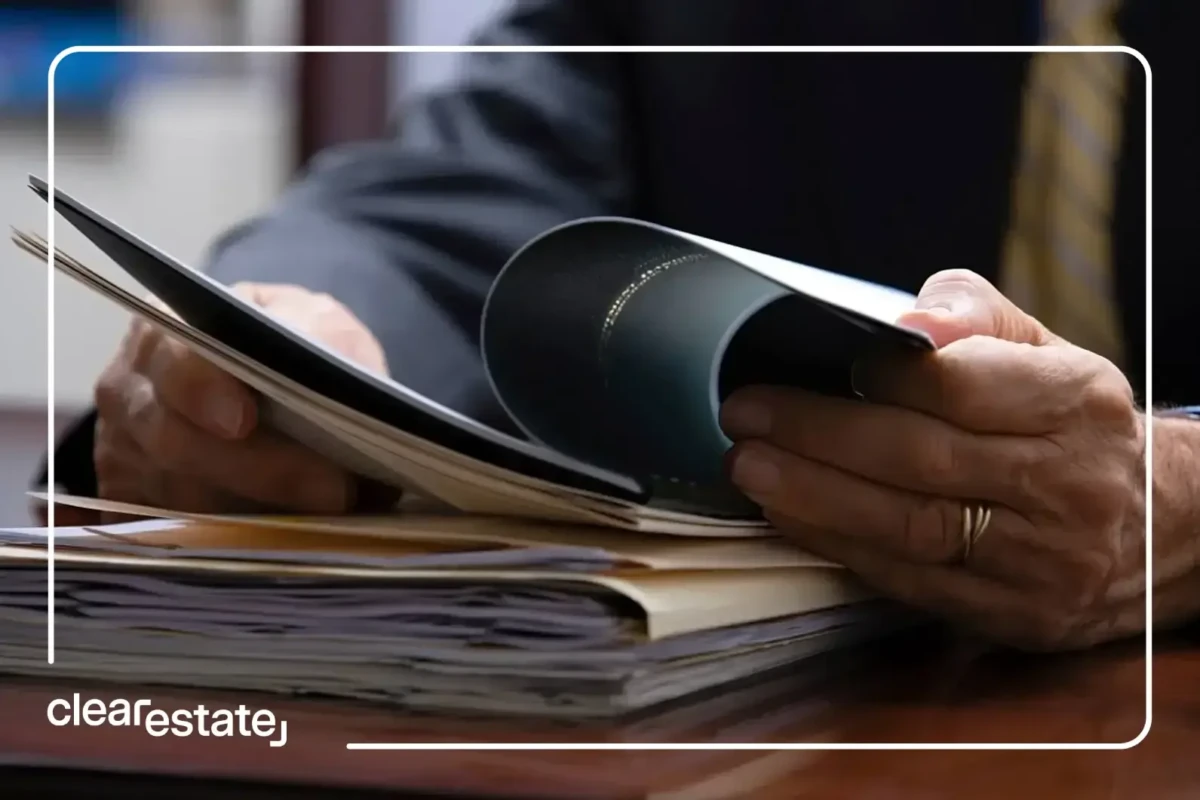Estate Planning
Dec 04, 2024
Should Your Lawyer Be Executor of Your Will? Considerations
Wondering if your attorney can serve as executor? Discover the benefits, challenges, and alternatives in estate planning.
Writing a will is not something you should put off. Here’s what you need to know to create a legally binding will as soon as possible.


Your will is a legal document that provides instructions on how you would like your assets to be distributed when you die. A well-written will also include instructions on how you’d like your funeral service to be planned, what will happen to any pets once you’re gone, and much more. Writing a will, and keeping it updated, is an essential part of estate planning that shouldn’t be delayed.
There is no time like the present to draft your will and start thinking about how you’d like your loved ones to be cared for once you’re gone. No one can predict the future, so you should take action to write a legal will now. This will ensure that your wishes are carried out properly if the unforeseen should happen.
Another important thing to keep in mind regarding your will is to update it regularly. You should review your will every few years, and make necessary adjustments after big life events and milestones. Some suggestions on when to create or update your will include:
You can update your will any time that you want to make changes, but it is especially important during major changes to your circumstances.
No, a lawyer is not required to write a legal will in New York. If your estate situation is simple and you have an average number of assets and no unusual plans that may cause conflict among your beneficiaries, you can write the will without the help of a lawyer.
Doing so is normally faster, convenient, and inexpensive. However, you must make sure that you follow the correct procedure to make the will legal. You must fully understand the process and your estate holdings. List your beneficiaries clearly and name an estate executor to carry out the instructions written in the will. Consider guardianship if you have children, how to divide your property, and your state's individual requirements.
If you have a significant number of assets or complex instructions, a lawyer—or a more budget-friendly expert service like ClearEstate—can help to make sure nothing is forgotten.
Writing a legal will in New York has the following requirements:
The same process can be completed anytime you need to update your will as well.
Dying intestate is when someone dies without having written a will, or the document cannot be found. Failing to provide a will can have some consequences for your estate. It can take more time to complete the estate settlement, there is room for contestation, and your true wishes may not be followed.
If you fail to provide documentation and name an executor, the court will appoint one to handle your estate. The executor, or administrator, is tasked with gathering and distributing all of your assets, paying outstanding bills, and filing the necessary paperwork. Without designated beneficiaries, your assets will be distributed according to New York succession laws and be given to your closest relatives. Another potential risk of not leaving behind a will is related to guardianship. If you have minor children and no spouse to take custody, the court will appoint a guardian for the children. The person they choose may not be the person you would prefer to raise your underage beneficiaries.
Creating a will as soon as possible will give you peace of mind that your instructions will be followed and your loved ones provided for.
We regularly share relevant information about wills and estates.